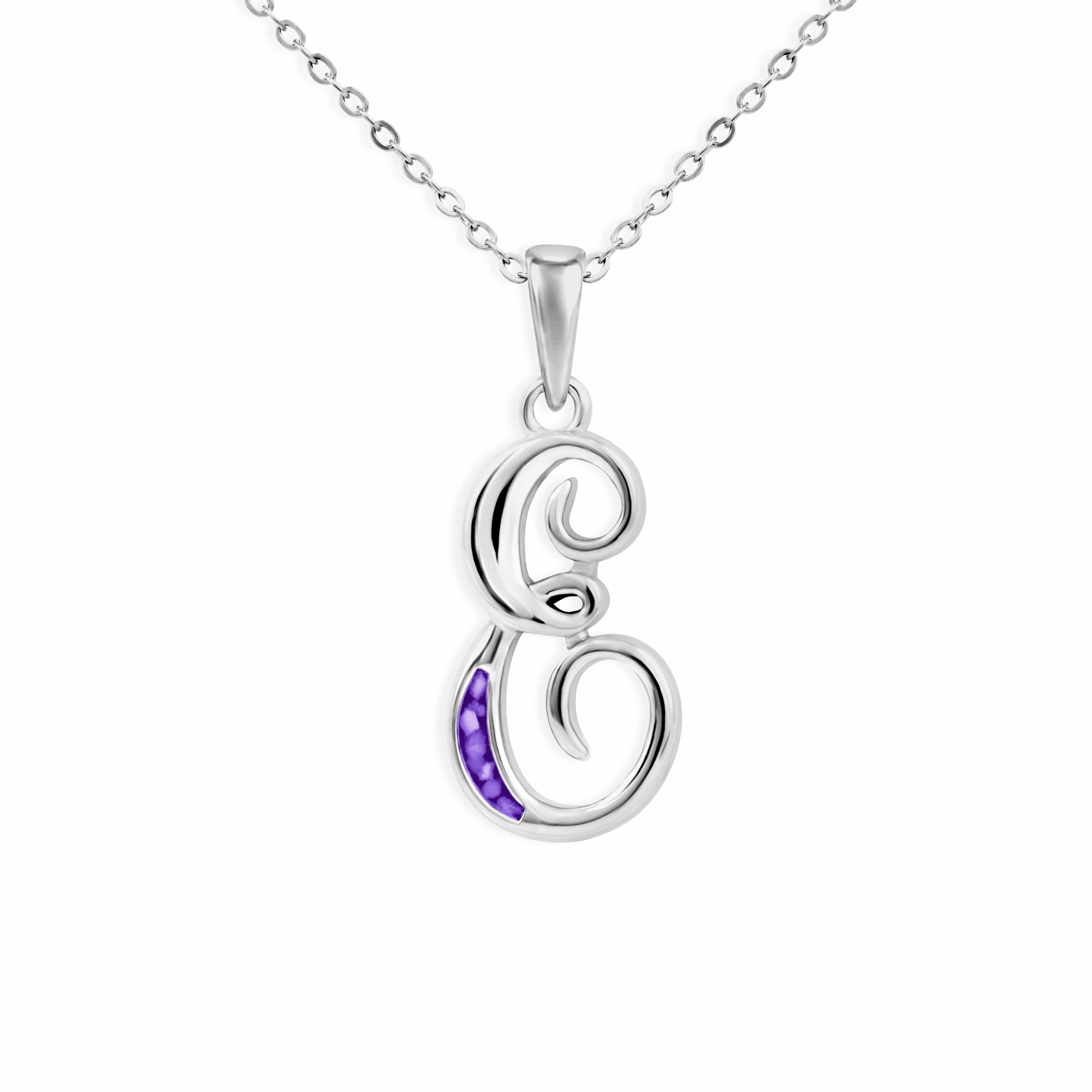Grief can bring out an array of emotions, and it doesn’t look the same for any two people. While some might focus on the practicalities that come with grieving (such as funeral planning or getting back to work), others might spend time to assess and come to terms with their emotions. Although everyone grieves differently, one of the most common emotions felt while grieving is guilt. For many, this overwhelming feeling of guilt after someone has passed away is the thing they notice most on their grief journey. More times than not, there is no real reason for someone to feel guilty when someone has passed away; but we feel guilt nonetheless. Guilt can be a confusing and painful emotion to experience, especially when competing with all the other emotions that come with grief, so we have collected together a few ways that might help you to cope with grief while grieving.

Talk to the people around you
Sometimes, the feeling of guilt can cause you to dwell on negative thoughts and, as a result, isolate yourself from the people around you. When this happens, it is important that you know you do not have to go through this alone. Although it might be tempting, try not to keep the feelings of guilt to yourself and don’t be afraid to share them with those closest to you. You need to remember that what you are feeling is a normal response to grief and shouldn’t be ignored, dismissed or dealt with alone unnecessarily.

Ask yourself what your lost loved one would say to you
Quite often, when we are grieving, we are caught up in the past. Although this can be extremely painful, it is important to realise that we can also use this to our advantage. While we are experiencing feelings of grief and guilt, it might be beneficial to think about what the person you are grieving would be saying to you, if they were still here. A good way of doing this might be to write down all the emotions and thoughts you are having, and respond to them as though you were your lost loved one. Ask yourself what they would say to you, if you told them how you were feeling. This may seem like a painful exercise, and you must only do it if you think it is the right coping strategy for you, but many people find comfort in knowing that their lost loved one would be reassuring them and making them feel heard while experiencing guilt.

Understand the importance of forgiving yourself
Although most of the time our feelings of guilt might just be a normal, emotional response to grief, sometimes there will be reason for feeling guilty. Something may have happened in the past you wish you could change, or you might have said something you wish you could take back. In moments like this, you need to remember that you are only human, and mistakes and regrets are all part of life. When these moments come, self-forgiveness is extremely valuable. Not only will it help you to come to terms with the things that have happened in the past, but it will also help to eradicate these feelings of guilt and gradually help you to move forward with your life. Self-forgiveness is a form of selflove and it can be an extremely powerful healer.
We all experience different emotions when we are grieving, and whether they are rational or not, all of them are valid. Guilt can be a painful emotion to navigate, especially if you aren’t used to experiencing it. However, despite its challenges, these feelings and emotions, in time, might help you to grow as a person and become more empathetic and understanding in the long term. Although it might feel unbearable now, reminding yourself that these feelings are normal and, in time, might help you, is an extremely valuable realisation.
When experiencing grief, all emotions are valid. No two people are going to grieve in the same way and some people might feel emotions more intently than others. The main thing to know is that support is there if you need it. The NHS mental health directory is full of helplines, websites and information, if you think you, or someone you know, might need support.
By Rebecca Thomas









